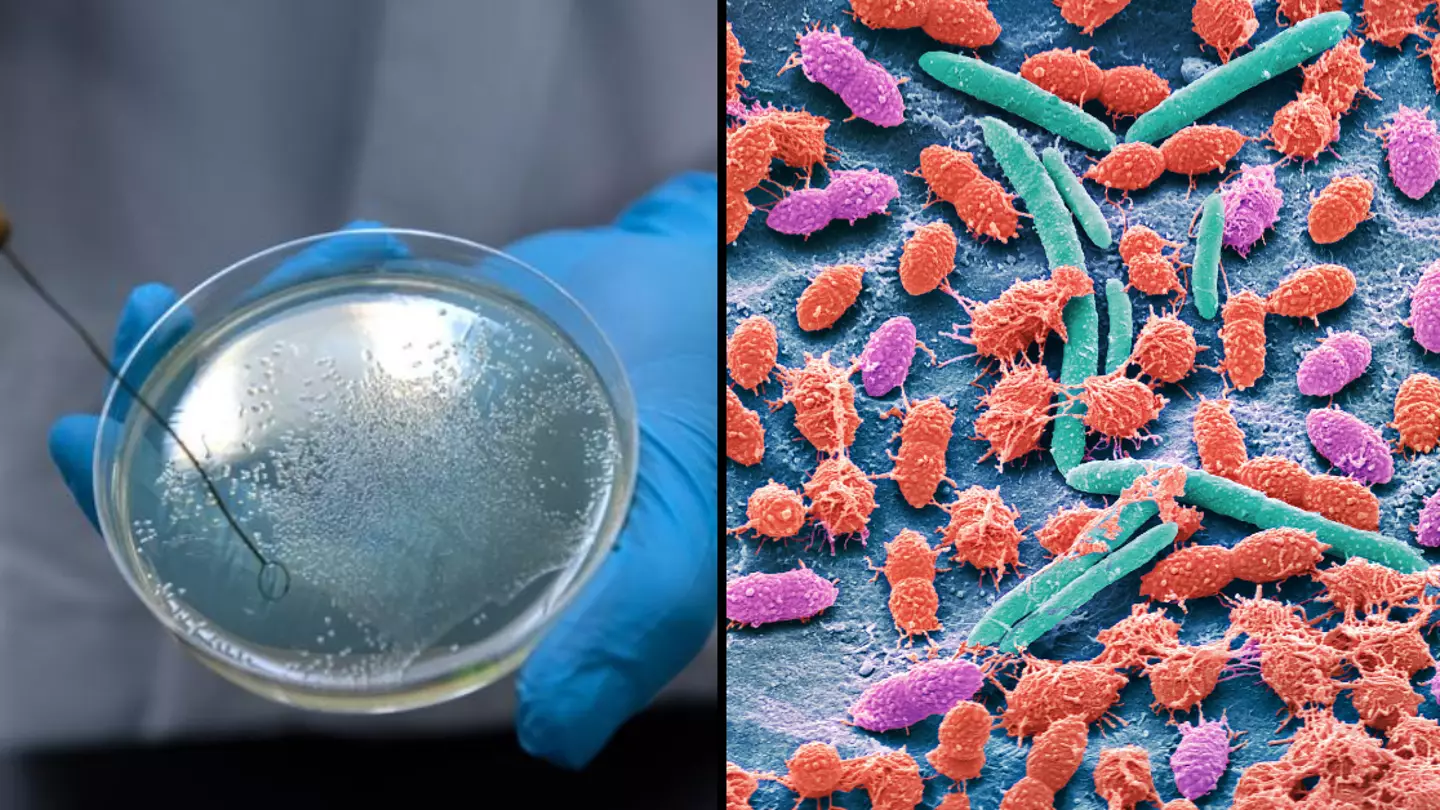Some of the world’s deadliest bacteria have been found to exhibit a preference for human blood, according to a new study.
Researchers have termed this phenomenon “bacterial vampirism,” providing new insights into the mechanisms of bloodstream infections and potential treatment strategies.
Salmonella, E. coli, and Citrobacter koseri are major causes of death among patients with inflammatory bowel diseases, which affect millions worldwide.
These bacteria can enter the patient’s bloodstream through intestinal bleeding, leading to life-threatening blood infections and sepsis (the medical term for bacterial blood poisoning).
According to the U.S. Centers for Disease Control and Prevention, nearly 270,000 Americans die each year from sepsis. Therefore, understanding how bacteria enter the bloodstream is crucial for public health.
A recent study led by Washington State University indicates that the presence of these bacteria in the bloodstream is not accidental; they actively seek out and feed on human blood.
“We learned some of the bacteria that most commonly cause bloodstream infections actually sense a chemical in human blood and swim toward it,” said Arden Baylink, a professor at WSU’s College of Veterinary Medicine and corresponding author of the research, in a statement.

In a study published in the journal eLife, the research team, led by PhD student Siena Glenn, used high-powered microscopes to observe how these bacteria react to the presence of human blood.
The response was rapid, with each species of bacteria seeking out the blood source in less than a minute.
Upon closer examination, the team discovered that Salmonella bacteria possess a special receptor on their surface that enables them to detect a specific chemical found in human blood serum.
These receptors are likely also present on the surface of other “vampiric” bacteria, such as E. coli.
The team hypothesized that these bacteria probably feed on the nutrients in blood serum, which provides an evolutionary advantage for this blood-seeking behavior.
“By learning how these bacteria are able to detect sources of blood, in the future we could develop new drugs that block this ability,” Glenn said in a statement.
“These medicines could improve the lives and health of people with [inflammatory bowel disease] who are at high risk for bloodstream infections.”
